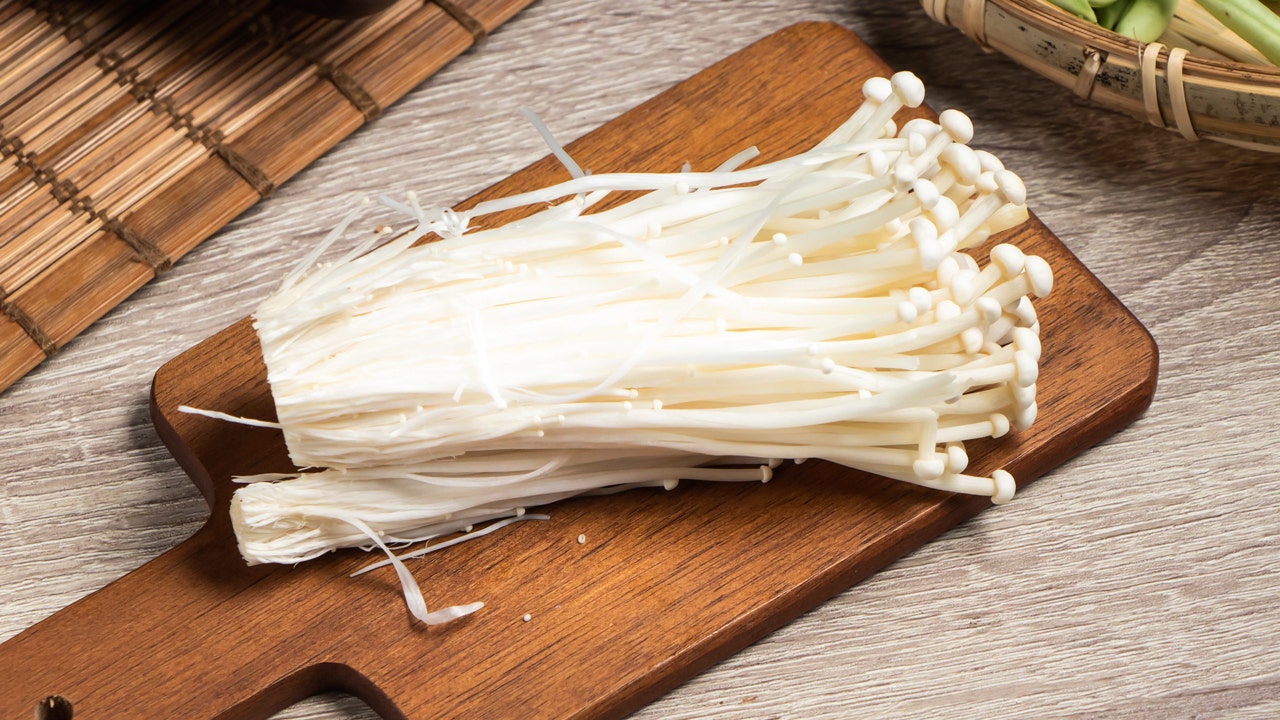Urgent Recall: Enoki Mushroom Packages Linked to Potential Listeria Risk
Health officials have issued an urgent recall for multiple brands of enoki mushrooms due to potential Listeria monocytogenes contamination. The affected products, distributed across North America and Asia, pose serious health risks—particularly to pregnant women, older adults, and immunocompromised individuals. Consumers are advised to immediately check their refrigerators and discard any recalled packages purchased between September 2023 and January 2024.
Scope of the Recall and Affected Products
The recall spans at least six brands across multiple states and provinces, with distribution records showing these mushrooms reached major grocery chains and Asian specialty markets. Identified products include:
- Green Fortune enoki mushrooms (200g packages)
- Sun Hong Foods enoki (1lb clamshell containers)
- Korea Imports premium enoki (300g bundles)
All affected batches carry expiration dates between January 15 and February 28, 2024. The Canadian Food Inspection Agency (CFIA) first flagged the contamination during routine testing, with the FDA confirming matching results from U.S. samples days later.
Understanding the Listeria Threat
Listeria infections cause approximately 1,600 illnesses and 260 deaths annually in the U.S. alone, according to CDC data. Unlike most foodborne pathogens, Listeria thrives in refrigerator temperatures, multiplying even at 40°F (4°C).
“This is particularly concerning because enoki mushrooms are often consumed raw in salads and hot pot dishes,” explains Dr. Elena Rodriguez, food safety specialist at Johns Hopkins University. “The bacteria’s ability to grow at low temperatures means proper storage doesn’t eliminate the risk.”
Early symptoms—appearing 1-4 weeks after consumption—include:
- Fever and muscle aches
- Nausea or diarrhea
- Headache and confusion
Industry Response and Consumer Guidance
Major retailers including Whole Foods and H-Mart have pulled affected products from shelves, while distributors coordinate with health agencies to trace contamination sources. “We’re conducting a root-cause analysis at all handling points—from farm packaging to cold chain logistics,” states Mark Chen, spokesperson for the North American Mushroom Growers Association.
Consumers should:
- Check packaging for recalled brand names and lot codes
- Return products to place of purchase or dispose in sealed containers
- Sanitize any surfaces that contacted the mushrooms
For those who consumed the products, the FDA recommends monitoring for symptoms and seeking immediate medical attention if they appear. High-risk groups may require preventive antibiotics.
Broader Implications for Food Safety Systems
This marks the third enoki mushroom recall since 2020, raising questions about persistent safety gaps. Agriculture Department records show these delicate mushrooms require extensive handling during cultivation and packaging—potential contamination points.
“We need better pathogen testing protocols for specialty produce,” argues food policy expert David Kim. “Current regulations treat all mushrooms equally, but enoki’s unique growing conditions and consumption patterns warrant specific standards.”
Meanwhile, some consumer advocates criticize recall communication methods. “Social media alerts reach younger demographics, but we’re failing to warn older shoppers who rely on traditional media,” notes Sarah Wilkins of the Center for Food Safety.
Scientific Insights Into Listeria Contamination
Research from the University of Georgia’s Center for Food Safety reveals Listeria’s particular affinity for mushroom cultivation environments. The bacteria persists in:
- Wood-based growing substrates
- Processing water systems
- Plastic packaging seams
A 2022 study published in Food Protection Trends found that 22% of enoki samples from U.S. importers tested positive for Listeria—compared to just 3% of button mushrooms. The slender shape and clustered growth pattern of enoki mushrooms create more surface area for potential bacterial attachment.
Global Context and Trade Considerations
This recall echoes international incidents, including a 2020 outbreak linked to Korean enoki mushrooms that caused 36 hospitalizations across 17 U.S. states. Import records show nearly 60% of enoki mushrooms in North America originate from overseas, primarily China and Korea.
“Global supply chains complicate traceability,” explains import/export consultant Linda Park. “A single shipment might contain mushrooms from multiple small farms, making contamination sources harder to pinpoint.”
The FDA has increased border inspections of enoki mushrooms by 40% since 2021, but critics argue for mandatory pre-export testing by originating countries.
Next Steps for Consumers and Industry
Health agencies urge consumers to:
- Subscribe to food recall alerts at FoodSafety.gov
- Consider cooking enoki mushrooms thoroughly until steaming hot
- Report suspected illnesses to local health departments
For the industry, trade groups are developing enhanced safety certification programs. “We’re piloting blockchain tracking for mushroom shipments,” reveals Chen. “This could reduce traceback time from weeks to hours.”
As investigations continue, this incident serves as a stark reminder that vigilance matters at every link of our food chain—from farm to fork.
See more WebMD Network



